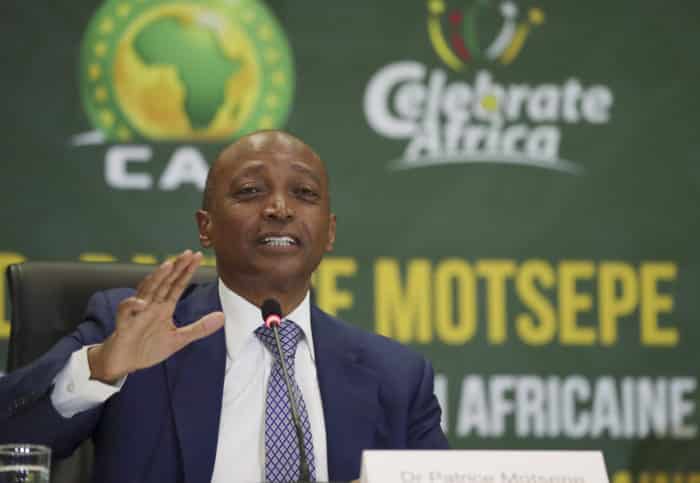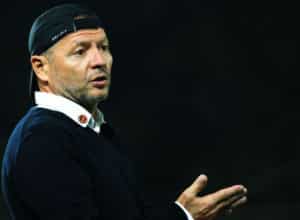Confederation of African Football president Patrice Motsepe has confirmed plans are in place to create and develop a Caf African Super League.
The idea of launching the European Super League idea was met with negative impact and reaction from fans, players, clubs and media as well as sanctions from Uefa, which ultimately led to the failure of the Super League after several big clubs withdrew from the tournament.
Despite the negative reaction to the European Super League, Motsepe revealed that the concept of the African Super league is already in discussion as they will learn from their European counterparts and succeed where they failed.
Fifa president Gianni Infantino had first suggested the 20-team concept, with additional teams qualifying via regional playoffs, saying the tournament would bring in around $3 billion over a five-year period.
“[The Executive Committee] may have to discuss and consider new Caf competitions which may generate additional funding or income for Caf, its Member Associations and bodies and also contribute to African football becoming globally competitive and self-sustaining,” Motsepe said in a statement.
“In this regard, we are assessing and in preliminary discussions to start an inclusive and broadly supported and beneficial Caf African Super League. We have been following the attempts by some top European clubs to form a Euro Super League and will learn from their experience and pitfalls.
“It is also important that the quality of the competitions that Caf hosts are globally competitive and appealing to spectators, viewers and interested parties in Africa and globally,” he added.
“In this regard, steps are being taken to improve the efficiency and professionalism of Caf’s competitions and its staff, invest in African football infrastructure and ensuring that in every Caf Member Association there is a Fifa-approved stadium.
“To build relationships and partnerships for the Member Associations with their Governments and potential sponsors,” he added.
“There is a lot of work that needs to be done over the next few months and years to implement the objectives and goals of Caf, as stated, inter alia, in the amended “Caf 10 Point Action Plan”.
“The unity and commitment of Caf’s Member Associations and stakeholders, as well as the interventions and changes that are being introduced by the new leadership is creating optimism and confidence that African football will, over the medium to long term, succeed and become globally competitive and self-supporting.”
In this regard steps are being taken to:
1) Improve the efficiency and professionalism of Caf’s competitions and its staff
2) Invest in African football infrastructure and ensuring that in every Caf member association there is a Fifa-approved stadium
3) Build and strengthen relationships with current and potential sponsors and partners
4) Retain and employ appropriately qualified and skilled personnel
5) Invest in the youth and in the future of African football
6) Develop and grow women’s football
7) Protect the integrity and professionalising refereeing
9) Introduce appropriately priced video assistant referees (VAR).





